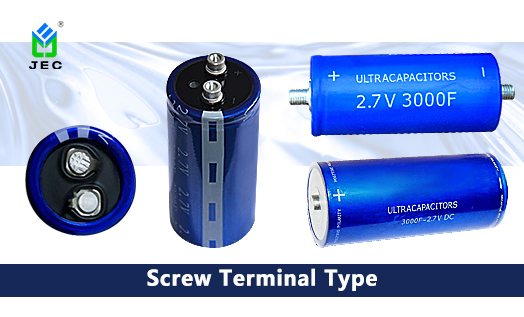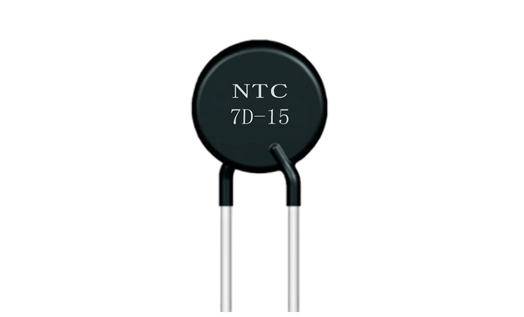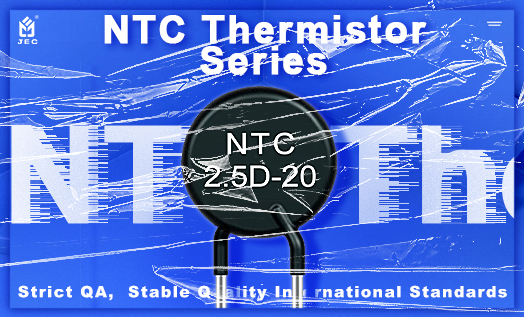Jan. 03, 2025
Watching TV and enjoying the show, you're suddenly interrupted by a notification: your phone's battery is below 20% and needs charging immediately. Sound familiar? Many of us have been there. Smartphones are like that—when left idle, they can last for days, but with regular use, they often don’t last a full day, sometimes not even half a day.
It’s not just smartphones. Many portable electronic devices rely on batteries to function. In the past, when technology wasn’t as advanced, batteries weren’t very durable.
However, technological advancements have led to batteries with larger capacities and a broader range of applications. Beyond batteries, another energy storage device is the supercapacitor.
Supercapacitors, as a new type of energy storage device, are considered a potential alternative to batteries due to their high energy density, rapid charge and discharge capabilities, long lifespan, and large capacity.
So, do you think supercapacitors can replace batteries?
1. The Differences Between Supercapacitors and Batteries
Although both supercapacitors and batteries are energy storage devices, they differ in several ways, particularly in their working principles.
A supercapacitor stores energy by polarizing an electrolyte, with no chemical reactions involved.
A battery, on the other hand, is a chemical energy storage device, relying on chemical reactions to store energy.
Supercapacitors and batteries also differ in performance and application scenarios. Supercapacitors excel in features like high energy density, rapid charge and discharge, and long operational lifespans.
In contrast, batteries have a higher energy density, meaning they can store more energy, but their charging and discharging speeds are slower, and their usable lifespan is relatively shorter.
2. Scenarios Where Supercapacitors Can't Replace Batteries
(1) High Energy Storage Needs
Batteries have a significant advantage in scenarios requiring high energy storage due to their high energy density. For instance, in aerospace and military applications, high-energy-density storage devices are essential for continuous energy supply.
Although the energy density of supercapacitors is improving, they still cannot match the levels offered by batteries.
(2) Long-Term Energy Retention Requirements
In scenarios requiring long-term energy retention, the stability of batteries becomes a key advantage. For example, in deep-sea exploration or satellite systems that operate over extended periods, storage devices need to maintain stable energy levels for a long time.
While supercapacitors offer quick charging and discharging, their energy storage capacity gradually declines over time, making them less suitable for long-term energy retention.
Conclusion
Supercapacitors bring unique advantages but also face limitations compared to batteries. Whether they can fully replace batteries depends on technological breakthroughs and the specific requirements of their application scenarios.
Dongguan Zhixu Electronics (also JYH HSU, short for JEC) offers a comprehensive range of electronic component models with guaranteed quality and reliable after-sales support. Our products are certified under the ISO9001:2015 quality management system. Welcome to contact us for cooperation.

The Working Principle of Supercapacitor
Jan. 03, 2025

Jan. 03, 2025

Working Principle and Features of Thermistors
Jan. 03, 2025
+86 181 2299 5593
+86 18122995593
+86 769 8831 3605
Beside Luchong Bridge, Hou Road, Caibai Village, Daojiao Town, Dongguan, Guangdong, China
Navigation